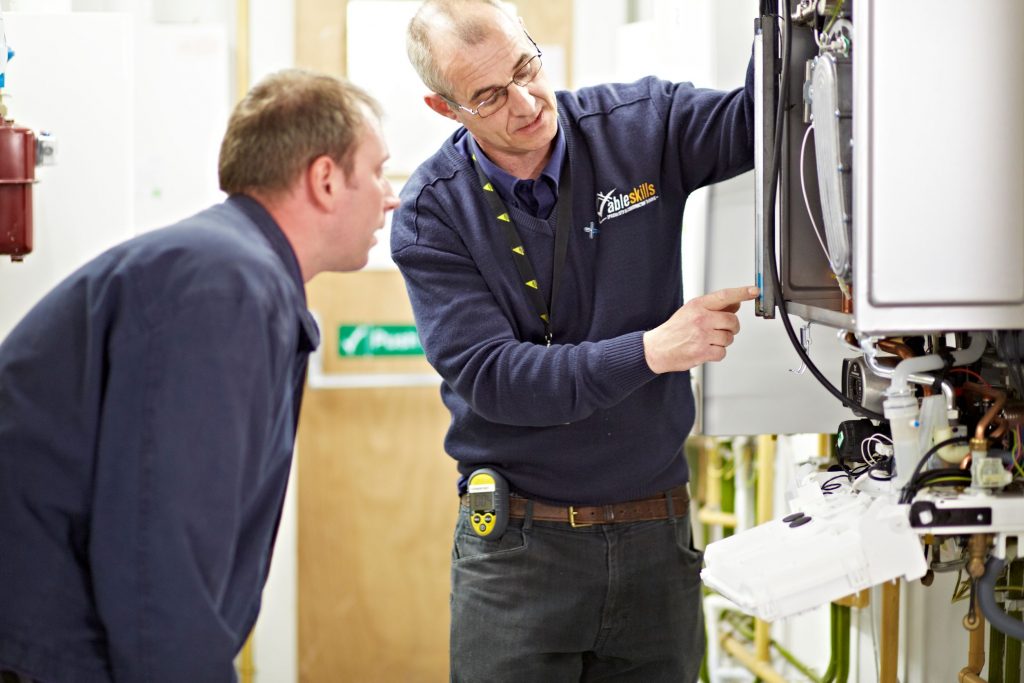
A major shortage of gas engineers has been an ongoing issue in the UK construction industry for years now, meaning there has been a consistently high demand for those who do hold the relevant qualifications.
Over the next few years, that demand looks certain to increase, with recent data suggesting that more than a third of the oil and gas workforce are over 50 and nearing retirement—a huge contrast to the 12% who are under 30.
To help ensure the industry is able to attract a much-needed new wave of qualified engineers, we must ensure training is not just accessible but is of the necessary quality to prepare participants for real-life work situations upon completion.
Managed Learning Programmes
For anyone who has perhaps considered a career in gas, but has not been in a position where you could fully commit to the training, a Managed Learning Programme is a great route for anyone looking to take their first steps towards working in the industry.
These kinds of courses have become increasingly popular with those already working in trade with transferable skills—plumbers for instance—who are looking to expand their capabilities to include gas, while still being able to work and earn as they train.
A flexible approach to training
We understand that not everyone is in a position to enrol in a full-time programme, which is why at Able Skills we’re able to tailor our courses to suit the individual’s needs. Courses can be taken on a part-time basis, spreading sessions over weekends and flexible monthly options.
Our recently introduced Flexible Gas Training Course covers all the skills required to get up to Gas Safe registration standard, and can be split into seven separate weekly chunks of learning.
Additional courses are also available to complement your gas training. For example, the Boiler Fault Finding Course is ideal for anyone wanting to build on your technical skills and expand the services you’re able to offer.
Portfolio placement
The portfolio placement period forms arguably the most important part of your training. This time should be used to gain on-the-job experience to prepare you for genuine situations that can arise in the profession.
Anyone now entering the gas industry would be doing so in an incredibly strong position, tapping into an abundance of employment opportunities with plenty of routes for career progression. Gas engineers also have a vital role to play in the imminent transition to greener technologies, meaning the next few years look set to be an incredibly exciting period for the sector.